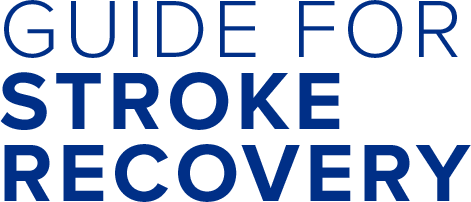It may be harder for you to do everyday tasks after a stroke.
A stroke may also affect your ability to manage activities such as:
- organizing daily routines
- preparing meals
- grocery shopping
- doing laundry
- doing hobbies
Each person’s needs are different after a stroke. You may be able to live well alone or need some help while you recover at home. Explore this section to learn helpful tips on daily self-care tasks.
Your health care team, including your Occupational Therapist (OT), can help you regain these self-care skills. This will help you work towards being more independent.
Talk to your healthcare team if you have any questions about how to take care of yourself.
For Caregivers:
Use the tips you learned from the person with stroke and/or the healthcare team. Let your loved one do what they can themselves. Let them be as independent as they can.
Brushing teeth
Helpful tips for brushing your teeth:
- Use just a little water and toothpaste if you have trouble swallowing.
- Hold or support your toothbrush with your weak hand, then apply toothpaste with your strong hand
- Use your weak arm as much as you can to help it get stronger
- Squeeze toothpaste on your tongue first, then take it with a toothbrush
- Hold the toothbrush handle in your mouth then apply toothpaste
Plan your space:
- Choose a sink with enough room for you to sit and stand
- Put your tools in a place that is easy to reach
- Position tools so your weak side can practice reaching
Choose helpful tools:
- Use an electric toothbrush
- Add a bigger handle to your toothbrush
- Use a suction toothbrush for your dentures
- Use denture soaks
- Buy toothpaste with a flip top instead of screw top
Getting dressed
Watch these videos for some tips on how to get dressed a little easier
Tips for putting on a bra:
Try to use a bra with a front hook or a Velcro closure. These are easy to close with 1 hand than a hook.
You can also try to put on the bra backwards first. Then, twist it around the right way and put your arms in last.
Watch the video to see an example.
Tips for putting on pants:
If you wear a belt, loop it into your pants before you put your pants on.
While sitting down, use your strong hand to put your weak leg into the pant leg. Then, step in using your strong leg.
Carefully stand up and use your strong hand to pull your pants up. Use your weak hand to keep your pants up while you zip and button with your strong hand.
Watch the video to see an example.
Tips for putting on a coat:
Before you start, lay out the coat in front of you on a flat surface. Use your strong hand to guide your weak arm through the sleeve first. Then thread your strong arm in the other sleeve.
Watch the video to see an example.
Tips for putting on a sweater:
Before you start, sit on a chair. Lay the sweater out on your lap. Use your strong hand to guide your weak arm through the sleeve. Then put your strong arm through the other sleeve.
When both arms are in, pull the sweater over your head. Use your strong hand to straighten out the sweater.
Watch the video to see an example.
Tips for putting on a shirt, blouse or cardigan:
You can put these on the same way you would put on a coat.
Before you start, lay out the shirt in front of you on a flat surface. Use your strong hand to guide your weak arm through the sleeve first. Then slip your strong one in the other sleeve. Use your strong hand to do the buttons.
Watch the video to see an example.
Tips for putting on a dress:
You can put on a dress the same way you would put on a sweater.
Sit down, Then, lay the dress out on your lap. Use your strong hand to guide your weak arm through the sleeve. Then put your strong arm through the other sleeve.
When both arms are in, pull the dress over your head. Stand up and use your strong hand to straighten out the dress.
Watch the video to see an example.
Tips for putting on a skirt:
Skirts with an elastic waist may be easier to put on.
Sit down. Then lay the skirt out on your lap. Use your strong hand to guide your weak leg through the skirt. Pull it as high as you can. Put your strong leg through. Stand up and use your strong hand to straighten out the skirt.
Watch the video to see an example.
Tips for putting on socks:
Short or loose socks are the easiest to put on.
While sitting, cross your weak leg over the strong leg so it is easier to reach. Use your strong hand to spread the sock open. Then slip on the sock.
Watch the video to see an example.
Tips for putting on shoes:
Laces are hard to do with 1 hand. Try using elastic laces or wear slip on shoes. Shoes with a Velcro strap are easy to put on.
While sitting, cross your weak leg over your strong leg. This makes your weaker foot easier to reach. Use your strong hand to slip your shoe on.
Watch the video to see an example.
What are some tools that might make getting dressed easier?
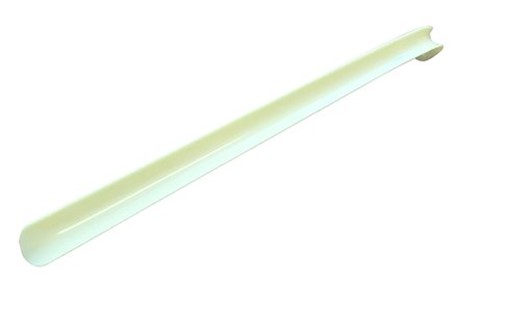
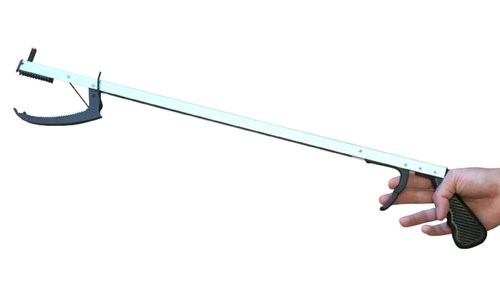
Other tips you can try:
- Lay items of clothing out so they are easy to reach
- Put items away in the same place so they are easy to find
Using the toilet
How can I use the toilet easily and safely after a stroke?
Here are tools that make getting on and off the toilet easier:
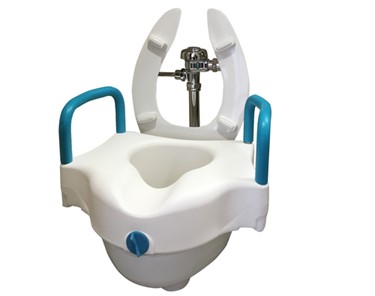
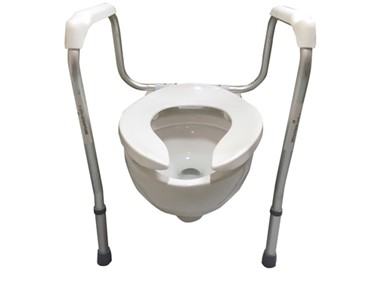
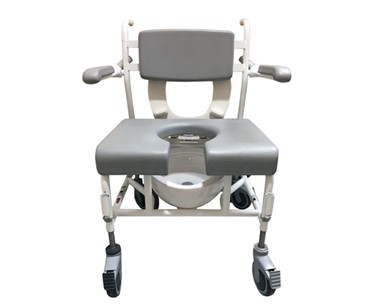
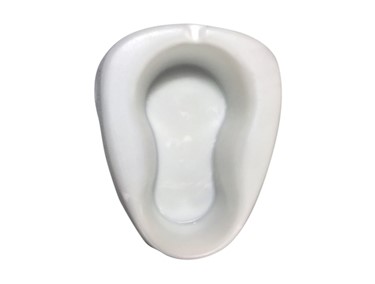
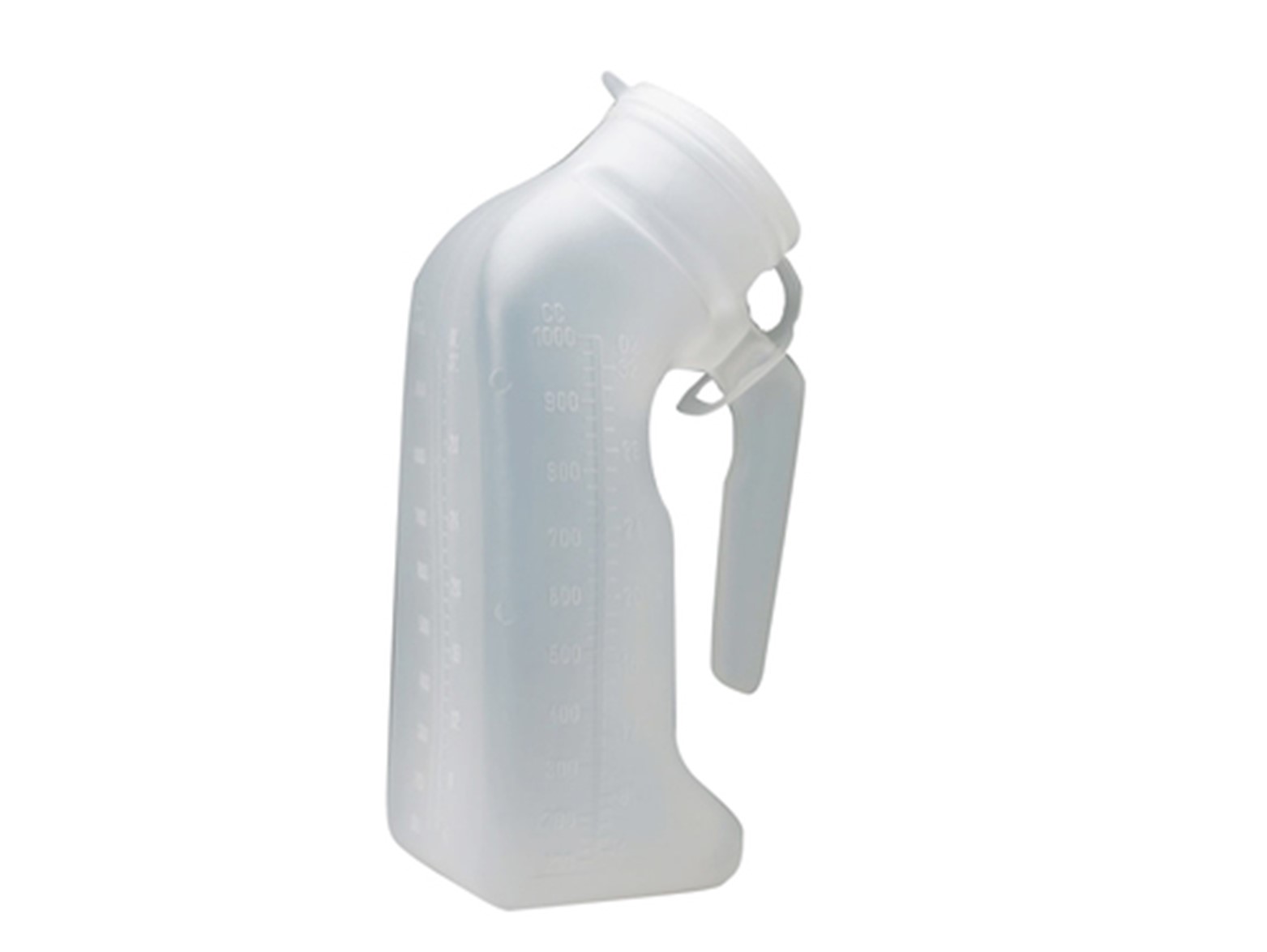
Bathing
Tips to shower safety after stroke
- If required, have someone available to assist you
- Install grab bars around sides of the shower or bathtub
- Use a shower bench in the shower
- Use a washcloth to clean your back
- Use liquid soap instead of a bar
Watch the video to learn more tips
What are some tools that make showering safer?
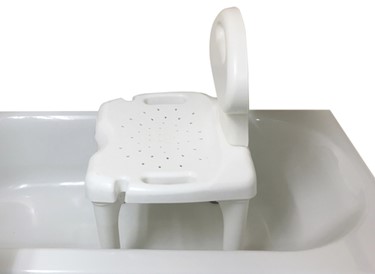
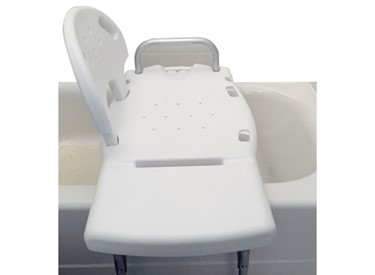
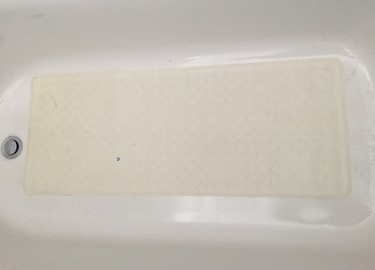
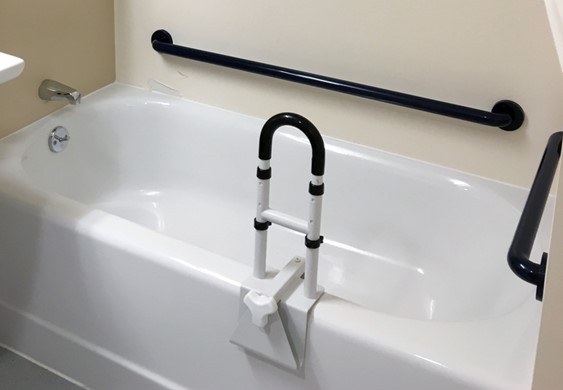
Having read the information in this section, consider the following questions.
- Can I tell when I have to go to the washroom?
- Can I control my bowel and/or bladder?
- Do I need help with day-to-day tasks (for example: bathing, dressing, cooking, cleaning)?
- Do I need devices to manage day-to-day tasks (for example: a walker, shower chair, hand-held showerhead or one-handed devices)?
- Do I need help to manage activities in the community (for example: getting groceries, banking)?
- Do I know where to go to find help?
Where to get more information, help and support:
March of Dimes Canada – Attendant Care Services
